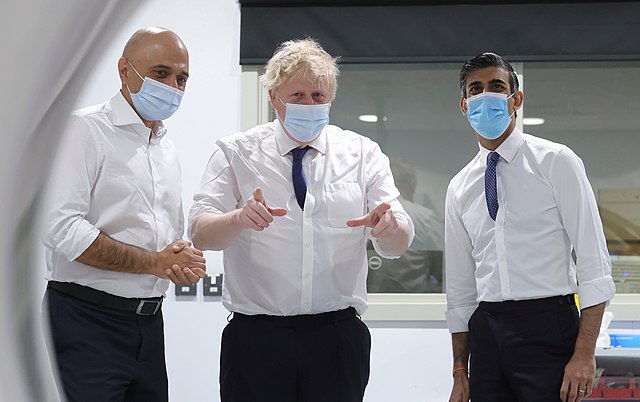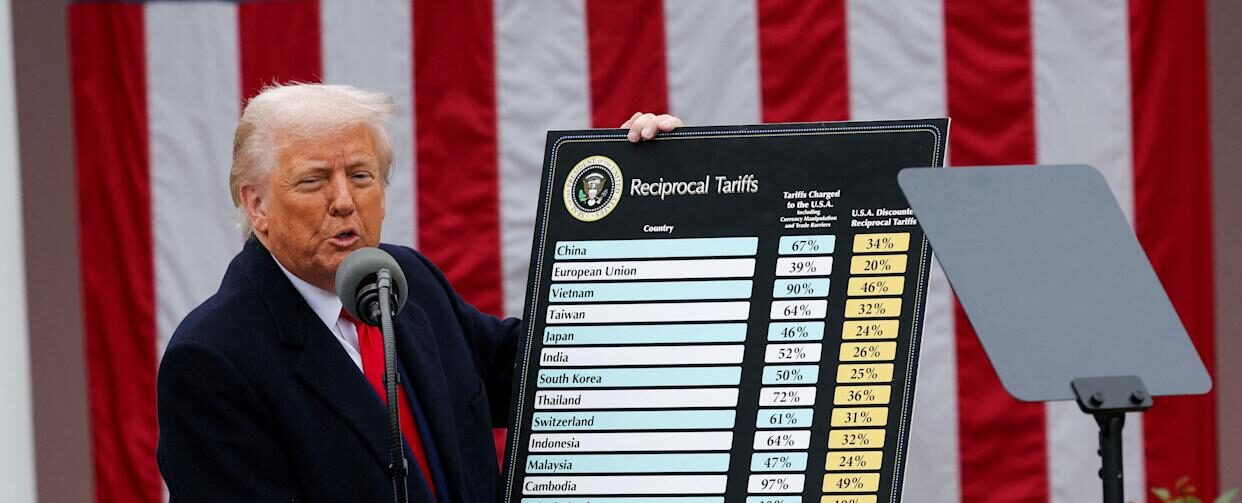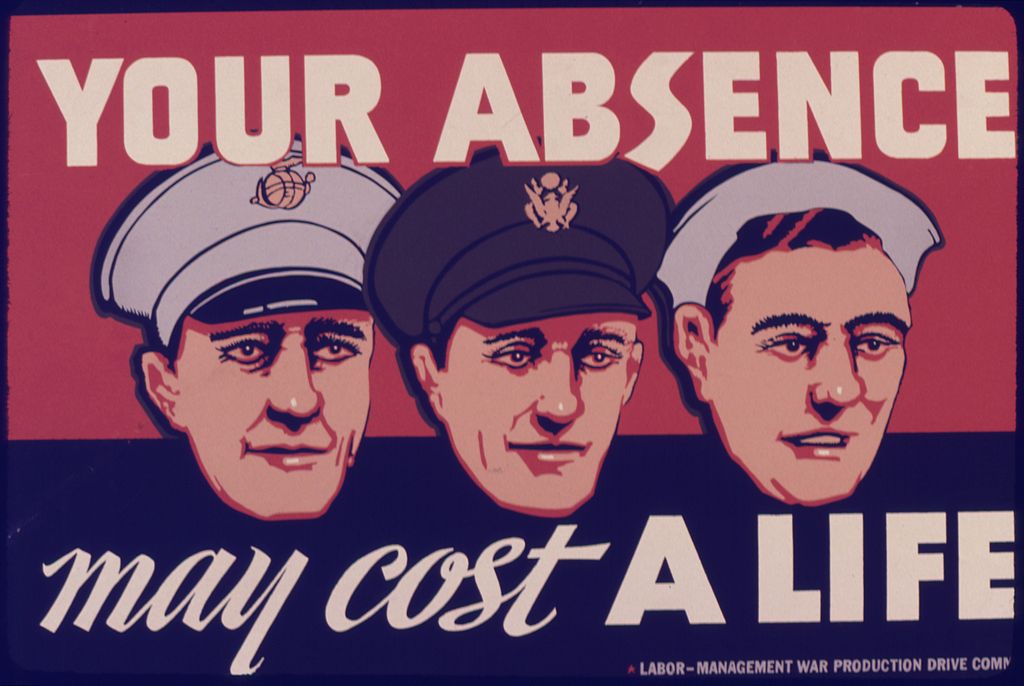During the general election campaign, Boris Johnson announced that he would shelve a planned cut in corporation tax. It had previously been declared that the government would lower the current rate of 19 per cent down to 17 per cent.
In November of last year, the prime minister told the CBI that he was abandoning the plan, opting instead to invest the money in public services. He estimated that the move would free up around £6bn for schools, the police, the NHS and social care.
The cut had originally been announced by George Osborne in 2016. Boris, though, has been very keen to present himself as leading a whole new government. He tells us that we are not entering the tenth year of Conservative government, but the first year of a Boris Johnson government.
That meant that a clean break with the past was needed. In the eyes of much of the electorate, George Osborne’s brand of Conservatism is associated with austerity measures and cosying up to big business. Boris, meanwhile, wants to overtly stand up to those same high-flying business representatives, telling them that the services relied on by hardworking Britons were a more urgent priority than their tax bill.
In the context of that election dynamic, that was an astute move. The topic of the day was Brexit, on which the Conservatives had a much clearer and stronger position than any other party. Naturally, others did everything within their power to drag the debate onto other topics, so it was important that the Tories were seen to be confident discussing public service and compassionate in investing in them.
Soon, though, things will change. This week, the UK will finally leave the European Union. Brexit is going to happen, and those same business leaders who heard Boris announce his decision will hold a huge amount of sway over millions of peoples’ lives as they decide how investable post-Brexit Britain is and, crucially, whether they need to make any cuts to their UK operations and move jobs elsewhere.
Inevitably, we do not know exactly what type or level of impact Brexit will actually have on the British economy. At the tail end of last year, we came dangerously close to entering into a new period of recession, and many believe that this year will see us over the edge. There has even been talk of a potential emergency budget to smooth the transition.
The UK’s unemployment rate is at its lowest level since the 1970s, for which we have businesses to thank. But, against the tumultuous backdrop of Brexit, if the next few months of economic policy are handled incorrectly, they could be looked back on as a turning point in which the British public began to lose its job security and economic stability.
Those at the top of the Conservative party are talking encouragingly about national unity and bringing the country together at this crucial moment. It is imperative that they extend this goodwill to businesses too. They may have been overwhelmingly pro-Remain in recent years, but it must be made clear to them that they are very welcome in Britain now and in the future.
This does not mean that we need to take the plunge and completely transform the UK into an offshore tax haven. But it does mean that the government would do well to consider taking some small steps to make life easier for companies who are willing to take a chance on Britain during this uncertain period.
It is important for the long-term future of British business that the government now makes it clear, at the very least, that the cut to corporation tax has merely been postponed, rather than binned altogether. In the grand scheme of things, cutting corporation tax would not really cost very much at all and we would all benefit immensely.
The era of Brexit stagnation is over. It is now time for Boris to use his majority in the house to begin building that outward-facing, forward-looking, liberal and global post-Brexit Britain that we have all been hearing about for so long.















